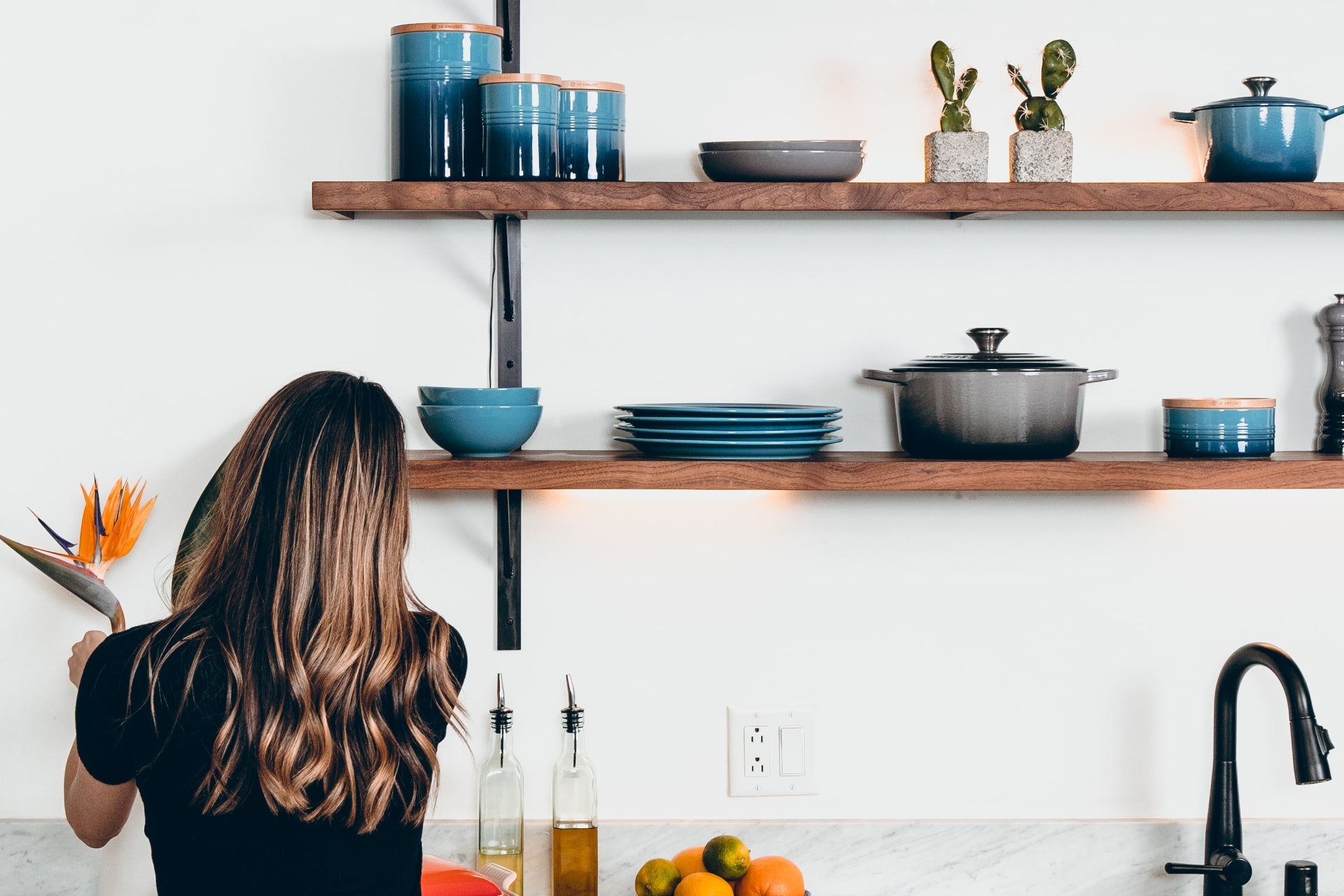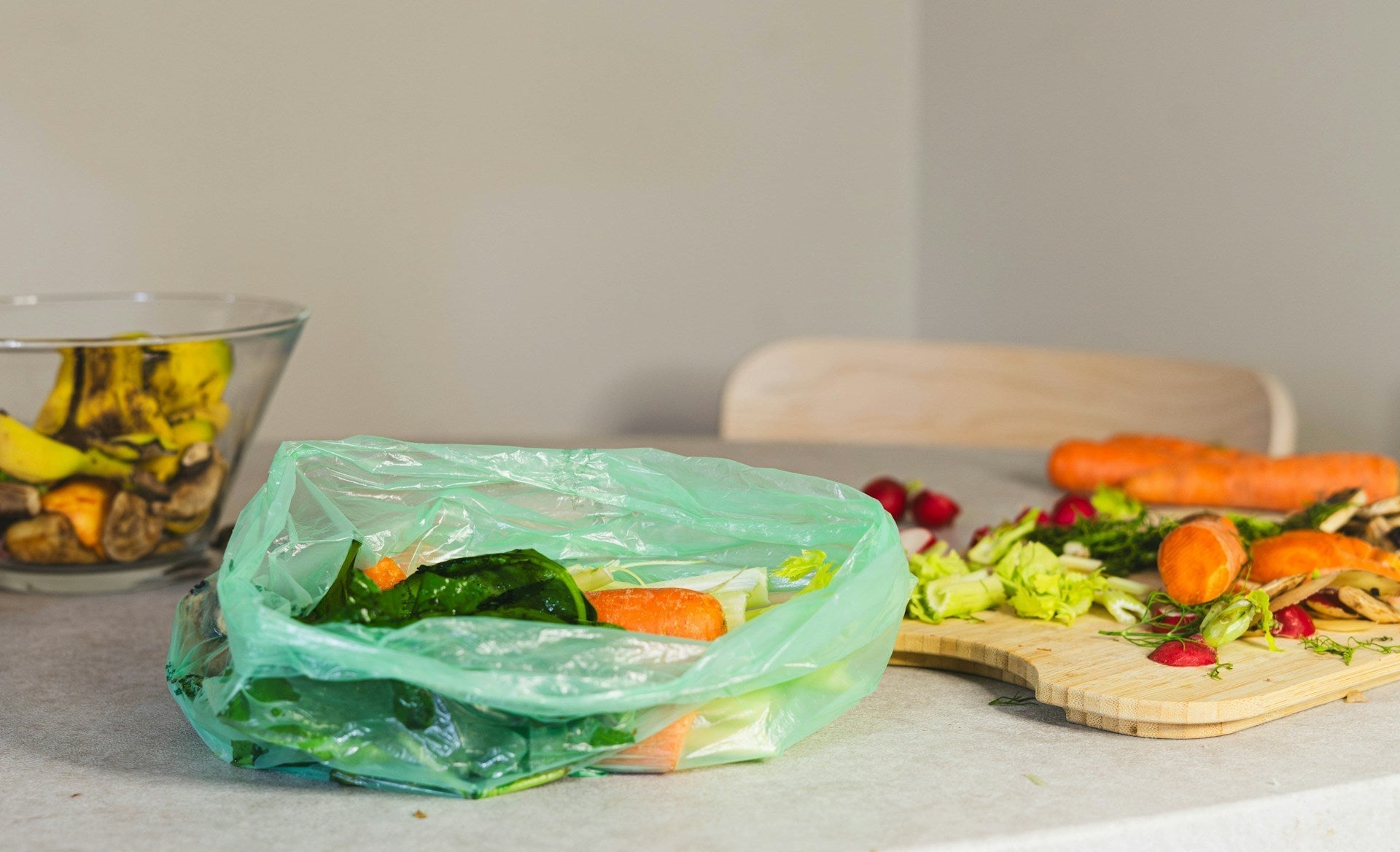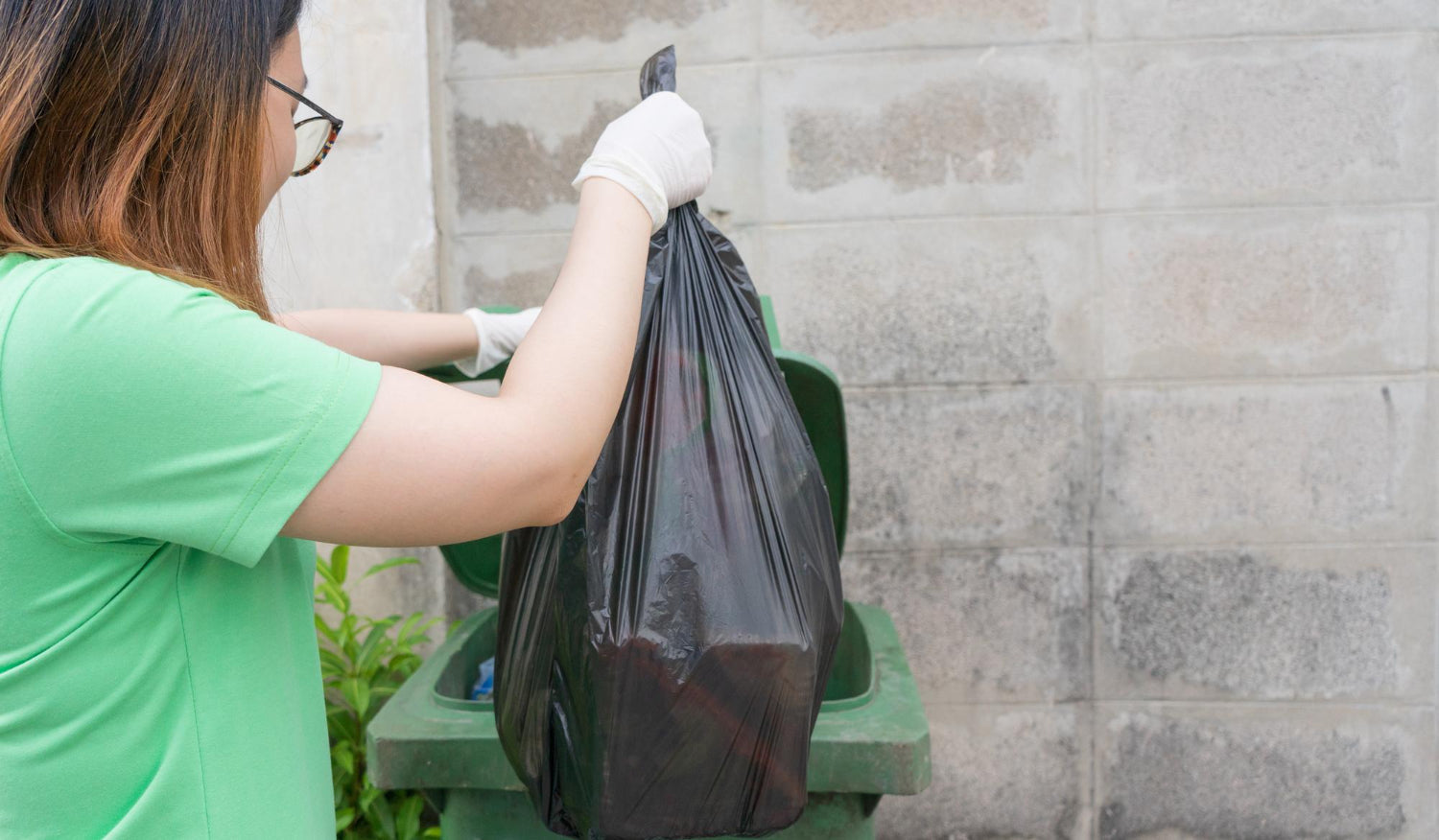As the seasons change, we often find ourselves dealing with a range of clutter that accumulates through daily activities, seasonal decorations, clothing, and other items. A clutter-free home not only creates a more peaceful, organized, and efficient living space but also benefits our mental well-being and overall life satisfaction. As environmental concerns continue to rise, it's crucial to approach decluttering and organizing our homes with a focus on sustainability and eco-friendliness, minimizing our impact on the planet.
In this ultimate guide, we will explore various strategies and tips for tackling seasonal clutter in an environmentally responsible manner, ensuring a tidy and eco-friendly home. From organizing and managing the clutter to disposing of unwanted items sustainably, we will delve into each essential aspect. We'll also cover the benefits of utilizing eco-friendly cleaning supplies, reducing plastic waste in our homes, and incorporating compostable trash bags, like those from Plastno, for sustainable waste disposal during our decluttering process.\
1. Effective Strategies for Organizing Seasonal Clutter
Implementing effective organizing techniques will help streamline your decluttering process and maintain a clean, tidy home throughout the year. Follow these tips to stay organized and manage seasonal clutter:
- Categorize and sort: Begin by sorting your belongings into distinct categories, such as clothing, decorations, sports equipment, and children's items. This approach will help you determine what to keep, store, or discard.
- Rotate and store: Rotate your seasonal items – like clothing, décor, and outdoor gear – by keeping only the current season's essentials easily accessible. Store off-season items in labeled, airtight containers to protect them while they're not in use.
- Establish designated zones: Create designated storage areas for different categories of seasonal items, making them easy to find and access when needed.
- Implement a regular decluttering schedule: Schedule regular decluttering sessions every few months or at the beginning and end of each season to stay on top of seasonal clutter and maintain an organized home.
2. Sustainable Disposal of Unwanted Items
As you declutter and organize, it's crucial to dispose of unwanted items mindfully and sustainably. Consider these eco-friendly disposal options:
- Donate or repurpose: Donate gently used items to thrift stores, charities, or local community organizations, giving them a new purpose and reducing waste. Alternatively, repurpose items in creative ways, such as turning old clothes into cleaning rags or home décor.
- Recycle: Whenever possible, recycle paper, plastic, glass, or metal items according to local recycling guidelines. Research recycling options for specialized items like electronics, batteries, or light bulbs, as these often have dedicated recycling facilities.
- Compost: Compost food waste and other compostable materials to divert waste from landfills and create nutrient-rich soil for your garden.
- Hold a garage sale: Organize a garage or yard sale to sell unwanted items, reducing waste and encouraging reuse within your community.
3. Eco-Friendly Cleaning Supplies for a Greener Home
Using eco-friendly cleaning supplies during your decluttering and cleaning process contributes to a healthier home and a reduced environmental impact. Keep these green cleaning tips in mind:
- Choose natural cleaners: Opt for plant-based, biodegradable cleaning products free of harsh chemicals, fragrances, and phosphates. These cleaners are less harmful to aquatic life and water systems.
- DIY cleaning solutions: Make your own cleaning solutions using natural ingredients like white vinegar, baking soda, and lemon juice, reducing plastic waste and chemical exposure.
- Invest in reusable cleaning tools: Purchase reusable and washable cleaning tools, like microfiber cloths and mop heads, to minimize single-use waste and decrease the need for disposable supplies.
4. Reducing Plastic Waste in Your Cleaning and Organizing Routine
Reducing plastic waste during your decluttering process is essential for creating an eco-friendly home. Implement these waste reduction strategies to minimize plastic consumption:
- Reusable containers: Use reusable containers made from glass, metal, or BPA-free plastics to store seasonal items and reduce single-use plastic waste.
- Compostable trash bags: Choose compostable trash bags for a sustainable alternative to traditional plastic bags during your decluttering process.
- Buy in bulk: Purchase cleaning supplies, laundry detergents, and other household essentials in bulk or from stores offering package-free options, reducing plastic packaging waste.
- Eliminate single-use plastics: Replace single-use plastic items with reusable alternatives, such as cloth shopping bags, glass or metal food storage containers, and silicone food wraps.
Cultivating a Tidy and Eco-Friendly Home for a Better Future
By adopting efficient organizing strategies, sustainable disposal methods, eco-friendly cleaning supplies, and waste reduction practices, you can create a cleaner and more sustainable living space. Embracing a green, organized, and clutter-free home not only benefits our mental well-being and personal satisfaction but also reduces our impact on the environment.
Upgrade your eco-friendly cleaning routine by incorporating Plastno's compostable trash bags for sustainable waste disposal. Reach out to us to explore our range of planet-friendly products designed to support a green and organized home and commit to creating a healthier environment for everyone.






Share:
Zero Waste Kitchen: Essential Tips for Reducing Waste and Embracing Sustainability
Zero-Waste Kitchen Cleaning: How to Create a Sustainable and Efficient Cleaning Routine